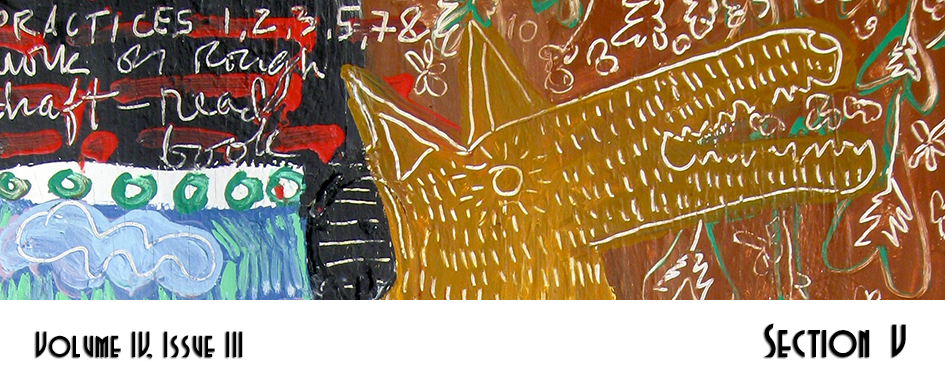Ventriloquy, noun: the art or practice of speaking, with little or no lip movement, in such a manner that the voice does not appear to come from the speaker but from another source, as from a wooden dummy.
Are writers right to ventriloquize? I ask
the question, James, because somebody’s been
“ventriloquizing” Prissy’s voice, Prissy
as played by Butterfly McQueen – who didn’t
object to being funny onscreen, but hated
playing stupid – in poetry magazines.
You’d have to know “the itsy-little voice
fading over the far horizon of
comprehension” to get the joke, maybe,
or maybe the joke is the ten-year-old son of
Daddy King singing spirituals to a white-
only crowd at the Ebenezer Baptist
Church to celebrate the film’s premiere,
the black actors pointedly not invited.
(James, I confess, I loved that book, read
it till the cover fell off: what does that mean?)
You and I, we’re like McQueen’s hands,
fluttering madly as we pas-de-deux
(you know Butterfly was a dancer, too,
and a non-believer, like you). James, maybe
it helps to know that Margaret Mitchell
gave funds to Morehouse College to educate
black doctors; collected erotica; lived part
of her short, racy life abused by a drunk
in that socialite’s Atlanta where black eyes
hid behind the shutters, while black boys
from New York were tossed away like empties.
What I’m saying, James, is I’m no Scarlett,
and you’re certainly no Prissy, although
we’re linked as inextricably as they:
my basement’s filled with self-published texts
of my father’s “race” plays in dialect.
Well-meant. Heart-felt. Utterly incorrect.


